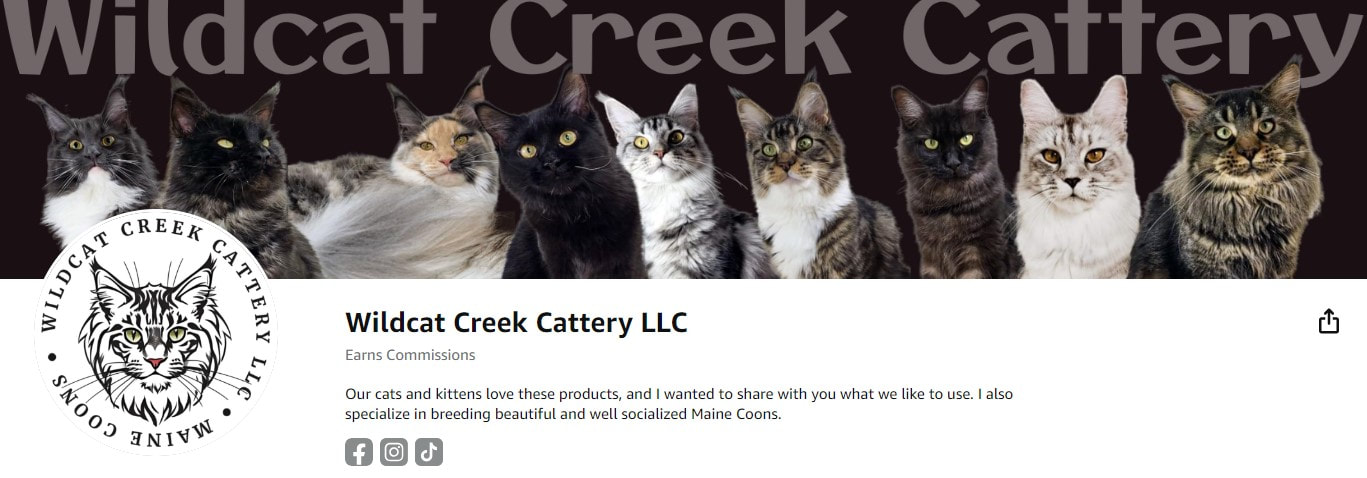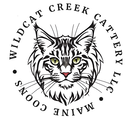Maine Coon Blog
Categories
All
About Maine Coon Kittens
About Maine Coons
Catnip Blankets
Cattery/Catio
History Of The Maine Coon
Maine Coon Colors
Maine Coon Health
Past Kitten Litters
Queen: Bellamy
Queen: Celeste
Queen: Dahlia
Queen: Ella
Queen: Lydia
Queen: Morticia
Queen: Octavia
Queen: Skylar
Queen: Veruca Salt
Queen: Wednesday
Queen: Wren
Retired Maine Coons
Sire: Arkham Knight
Sire: Gomez
Sire: Roman
Testimony
Videos/Pictures

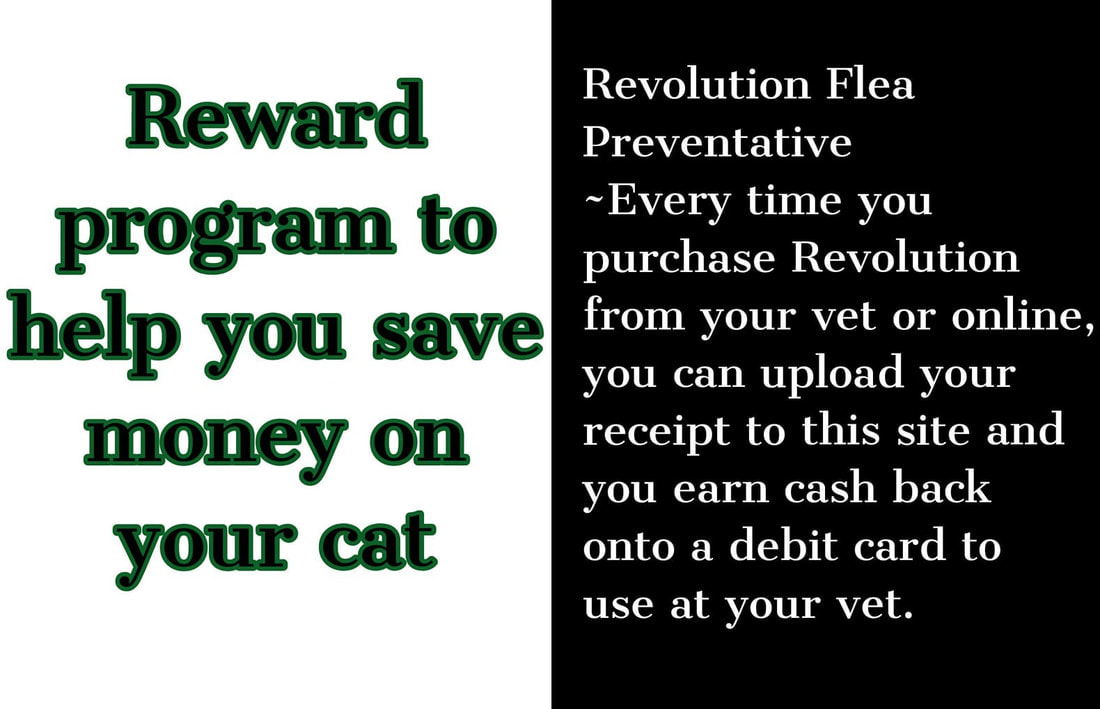
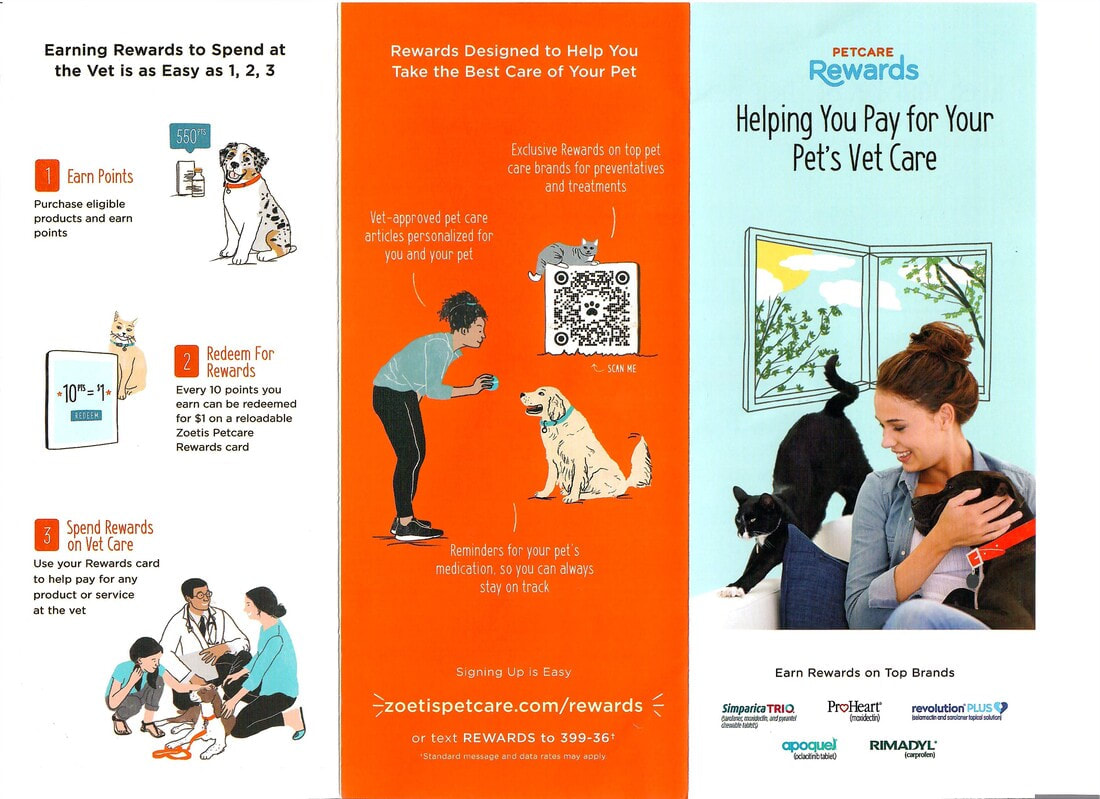
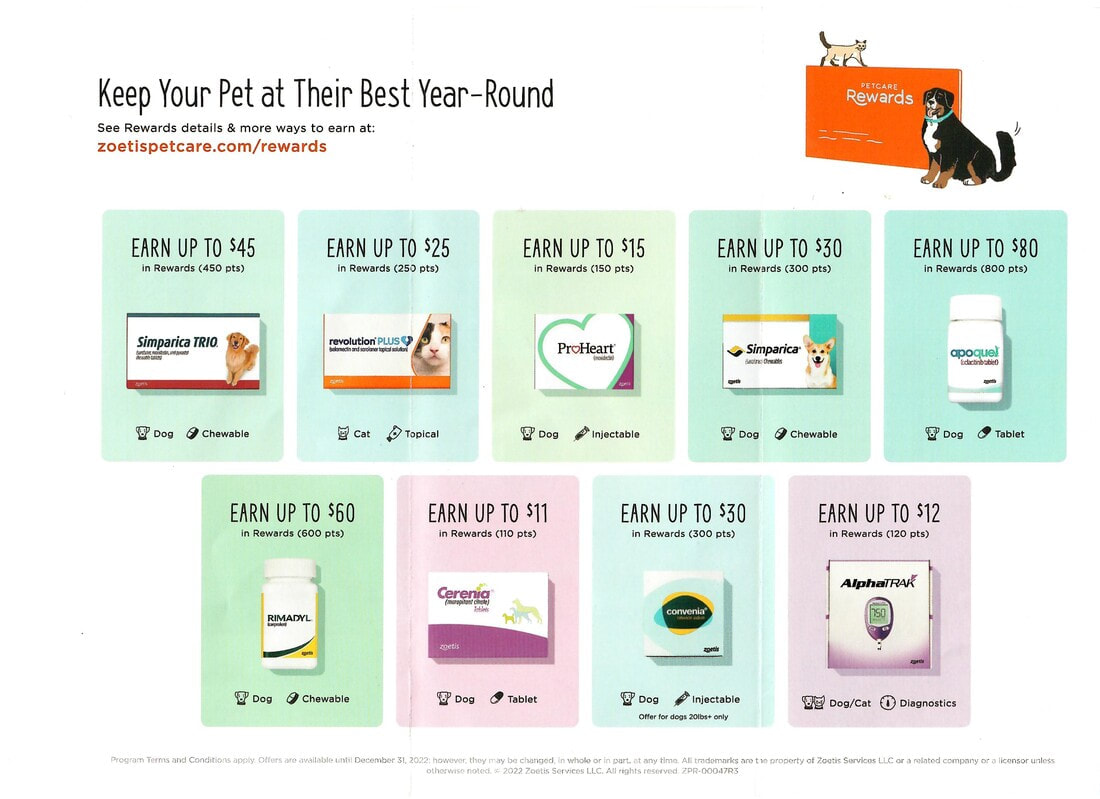


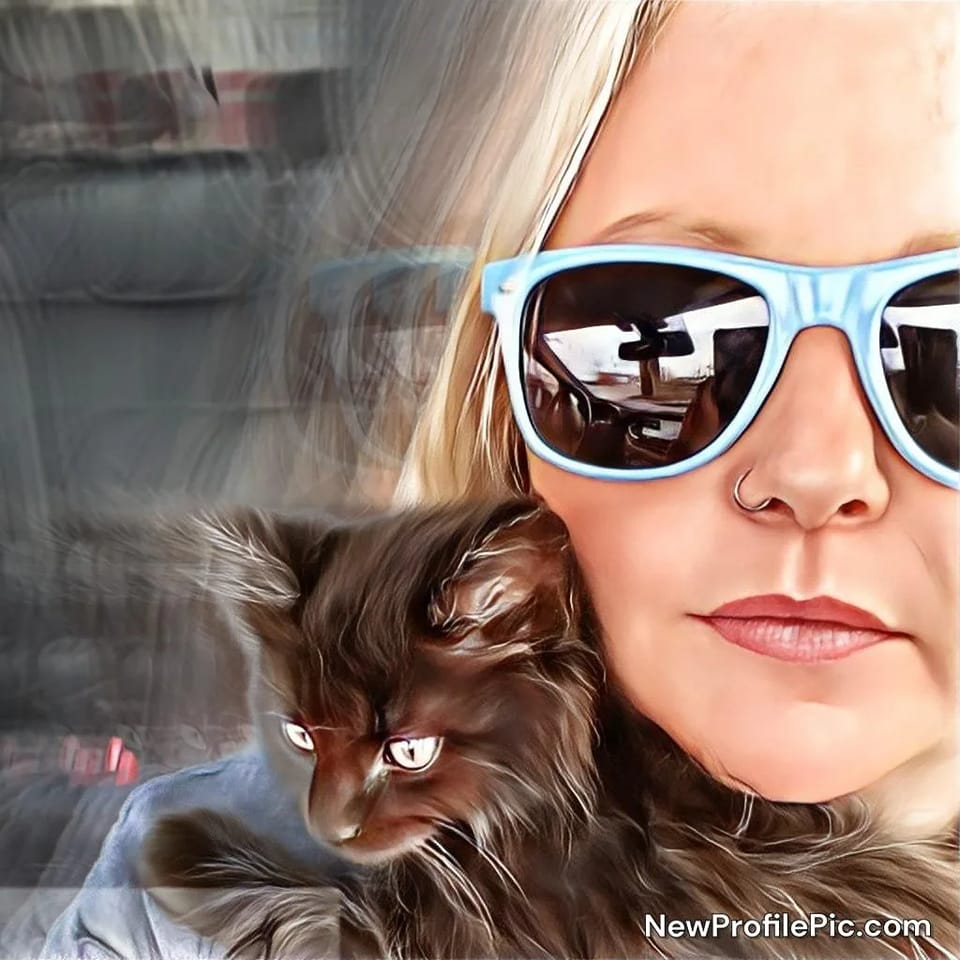
 RSS Feed
RSS Feed
